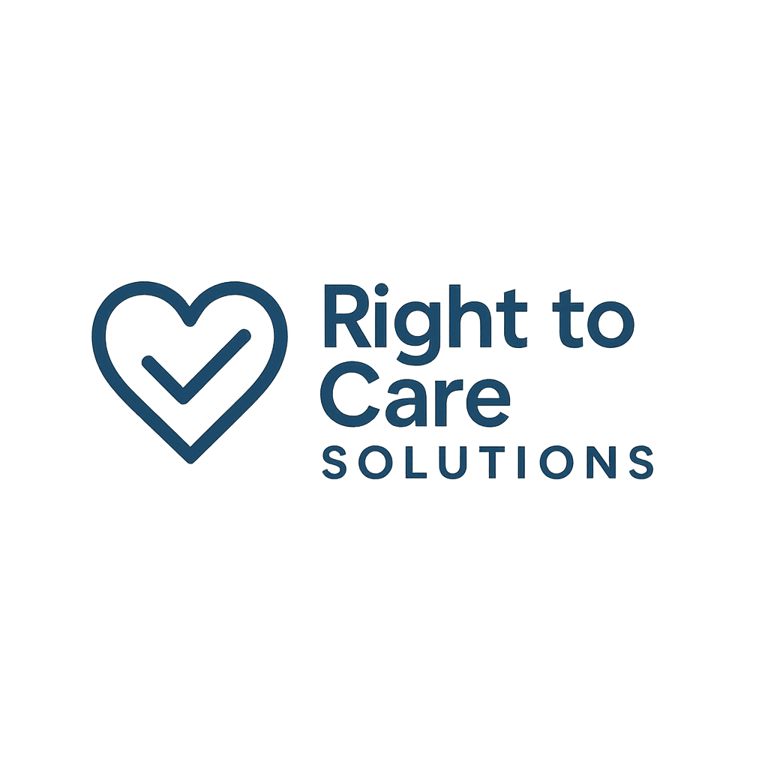5 Common Reasons Why Your Medical Authorization Might Get Denied
8/23/20252 min read


Understanding Prior Authorizations
Prior authorizations can be a real source of frustration for both patients and healthcare providers. Essentially, it’s the process wherein your medical insurer requires approval before a specific treatment or service is provided. While these protocols are often in place to ensure that the proposed treatment is medically necessary, many requests end up getting denied. In this post, we’ll explore the top reasons why prior authorizations are denied by medical insurance, helping you understand the ins and outs of this complex system.
Lack of Medical Necessity
One of the most common reasons for denial is the insurer’s determination that the requested service is not medically necessary. This can happen when the documentation provided does not sufficiently justify the need for the treatment. For instance, if your doctor prescribes a particular medication but fails to present a solid case highlighting why this medication is essential for your health condition, the insurance company might reject the request. Always remember, clear communication between your healthcare provider and the insurer is crucial to avoid this pitfall.
Incomplete or Incorrect Information
A frequent culprit behind a denied prior authorization is the submission of incomplete or incorrect information. Every detail counts; from patient demographics to medical history and the specific procedure requested, everything must be precise. Even a small typo can lead to denial. It’s essential to double-check the information submitted on your authorization request and ensure that your healthcare provider has included all pertinent details. A well-prepared authorization request can save time and frustration!
Failure to Follow Required Procedures
Some medical insurance companies have specific procedures that must be followed when seeking prior authorizations. If these protocols are not adhered to, your request may be denied outright. This can include not obtaining authorization within a certain timeframe or neglecting to attempt a less expensive treatment before seeking approval for a more costly option. Being familiar with your insurance company’s rules—or having your healthcare provider guide you through this process—can spare you the headache of a denied claim.
Outdated or Inadequate Documentation
Outdated or inadequate documentation can also lead to denial of a prior authorization request. Insurance companies often ask for the most recent medical documentation, and if the documents submitted are too old or fail to provide updated test results, the insurer may reject the request. Always ensure that you’re providing your insurer with the latest information from your healthcare provider—this is crucial for demonstrating the ongoing need for treatment.
Network Limitations
Last but not least, prior authorizations may be denied if the requested service provider is out of your health plan's network. Insurers often only approve services from an approved list of providers. If you’re seeking treatment from a provider who isn’t included in this list, you may face denial. Always check with your insurance plan to ensure that your preferred provider is in-network, as this can significantly affect your coverage.
While navigating the complex world of medical prior authorizations can be daunting, being aware of these common pitfalls can help you avoid delays or denials. Engaging closely with your healthcare provider and insurance company can make a world of difference, allowing for smoother approvals and ultimately better healthcare for you!
Whether you’re a patient fighting for care or a provider overwhelmed by denials, you don’t have to face insurance barriers alone. Right to Care Solutions advocates on your behalf to secure approvals, save time, and protect access to treatment. Contact us today to get started.
Disclaimer: We at Right to Care Solutions want to be clear about what we do. We offer healthcare advocacy services like denial and prior authorization assistance, but we are not a law firm, insurer, or medical provider, and we can't guarantee outcomes.
By using our services, you agree to our Terms of Use. We comply with HIPAA to protect your information, but we aren't liable for decisions made by your insurer or provider.
Our team, which includes licensed Registered Nurses in Ohio, provides services for educational and administrative purposes only. We don't provide nursing care, medical advice, or treatment. Final medical decisions must be made with your licensed healthcare provider, as we don't prescribe medications or perform exams.
Contact
Connect
info@righttocaresolutions.com
(614) 858-3954
© Right to Care Solutions LLC 2025. All rights reserved.
1121 Worthington Woods Blvd #6333
Columbus, OH 43085
Follow us on Social
